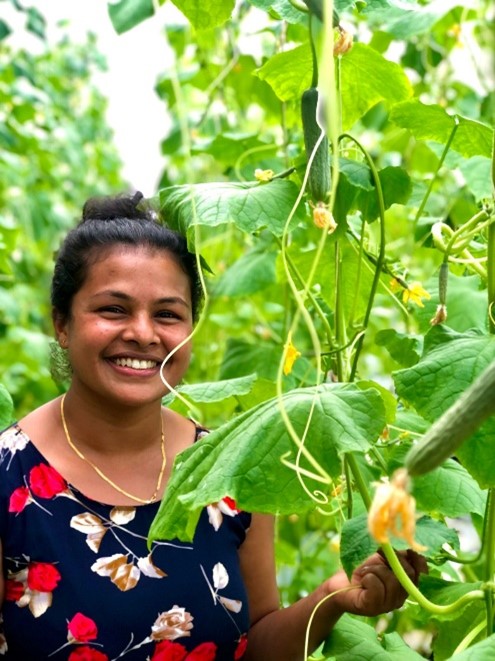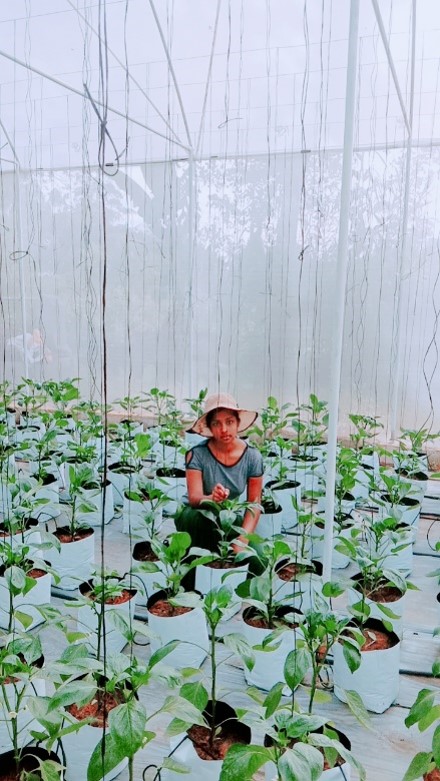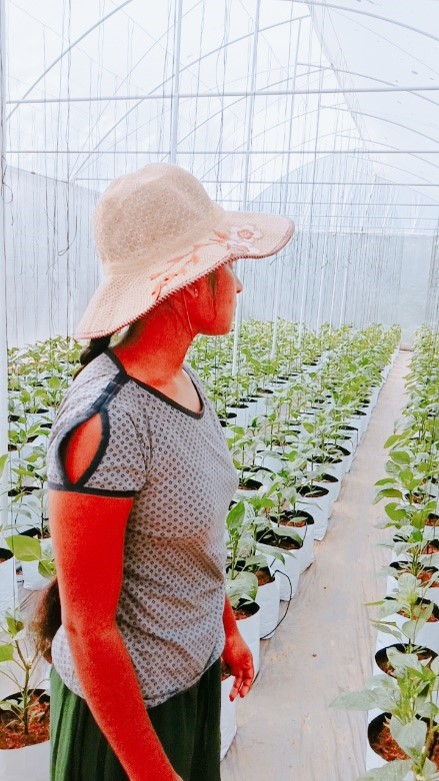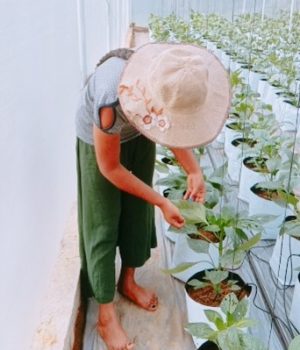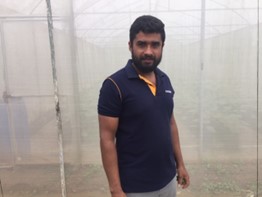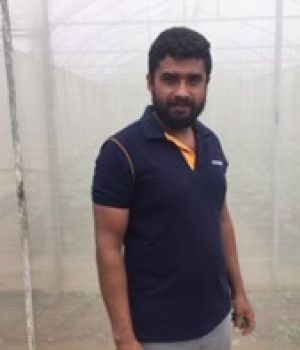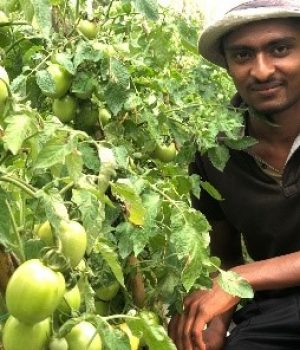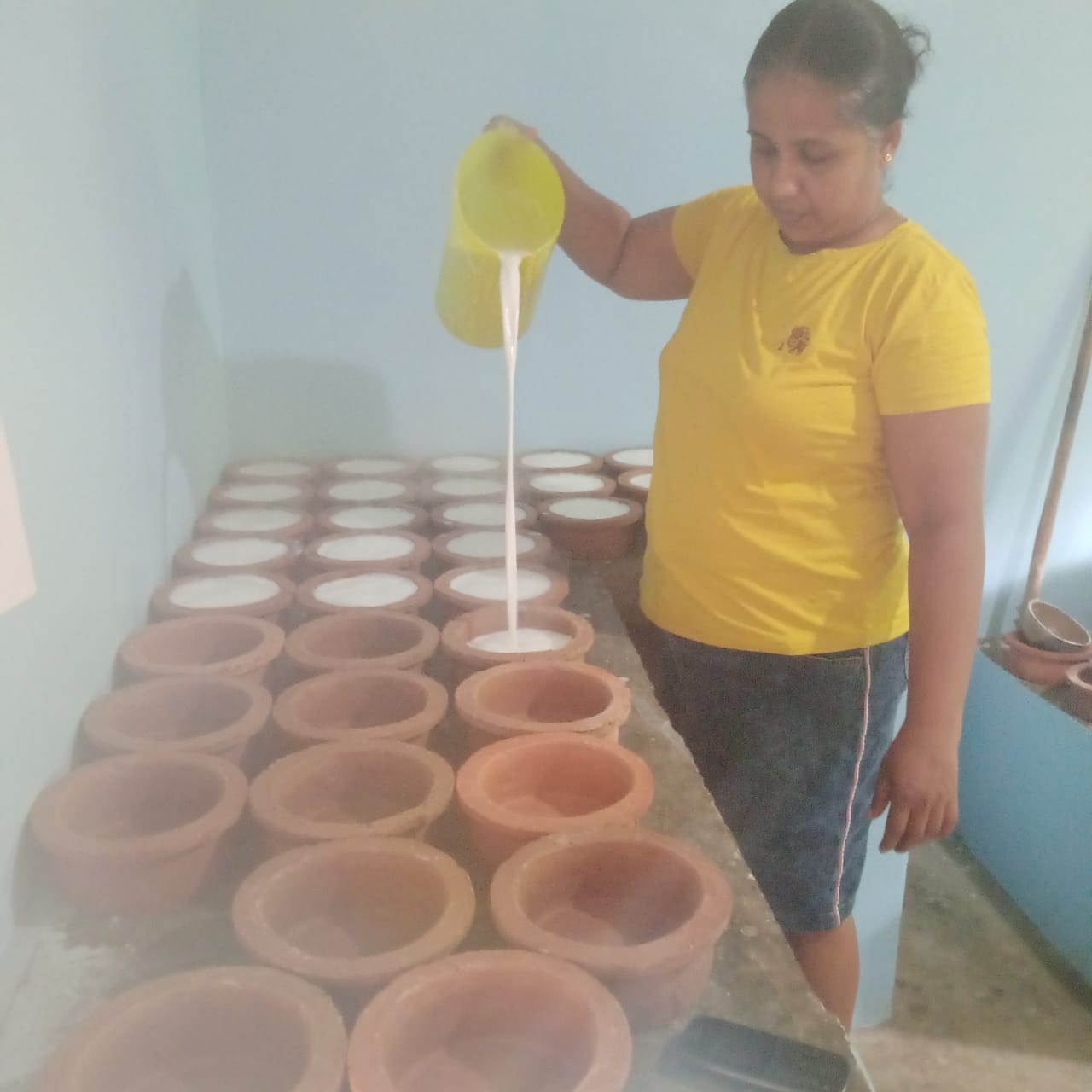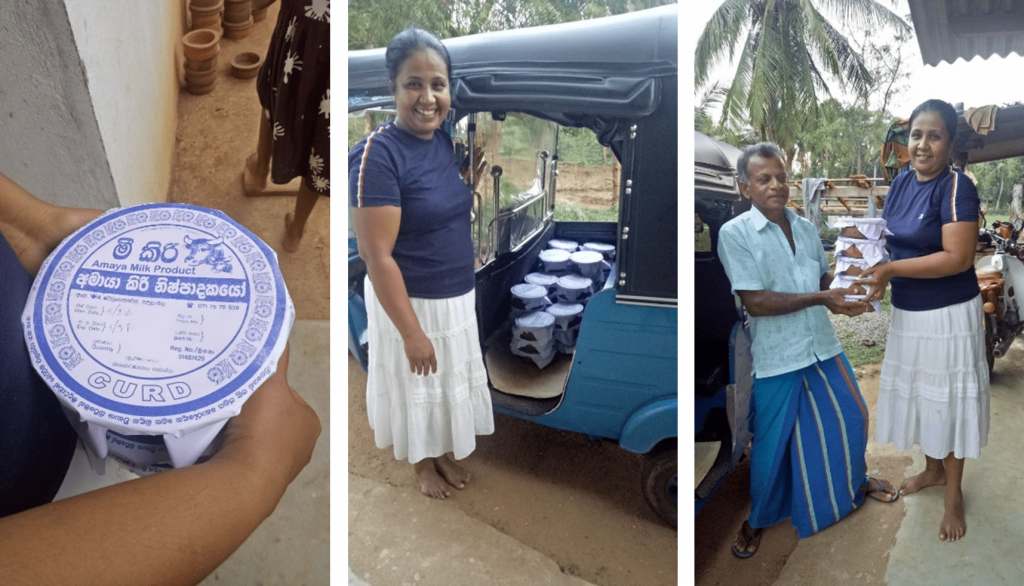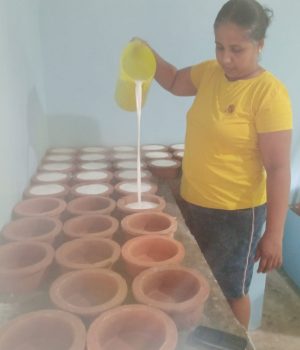From Rural Roots to Technological Triumph: Empowering Young Greenhouse Farmers in Sri Lanka
# Smallholder Agribusiness Partnerships
From Rural Roots to Technological Triumph: Empowering Young Greenhouse Farmers in Sri Lanka
Agriculture has always been an essential part of Sri Lanka’s economy, especially in rural areas. However, for young people in these areas, becoming an entrepreneur in agriculture can be a challenge due to a lack of access to financial resources and technological knowledge. This is where SAPP (Smallholder Agribusiness Partnership Programme) comes in to support and encourage youth to become entrepreneurs.
Through SAPP, over 2,500 young entrepreneurs have been registered in youth projects, and the programme has provided startup financing for business plans, averaging USD 1000 in the form of start-up funds and credit facility up to Rs. 2 Million. For those with higher-value projects, SAPP considers funding requirements through 4P partners to ensure the success and sustainability of the project.
One inspiring example of a young entrepreneur who has benefited from SAPP’s support is Mrs. Pradeepa Sanjeewani. With the help of SAPP, she challenged traditional gender stereotypes by empowering herself through strengthening financial capacity and decision-making skills. Today, she runs her own greenhouse farm and encourages other young people to adopt innovative farming methods.
Mrs. Sanjeewani shared her experience, saying, “Earlier, I didn’t know about greenhouse farming methods & technology, and I used to stay at home and depend on my parents. In our patriarchal society, women are not seen as breadwinners for the family. Even if we start a business, we don’t know how to run it due to a lack of technological knowledge. But after SAPP’s intervention, I gained technological know-how and more knowledge to build my own financial capacity through greenhouse crops.”
SAPP has identified major challenges for women in rural areas and has taken steps to empower them. In order to create sustainable agriculture and business, SAPP has identified labor-saving technology for women and girls in rural areas. As a result, most of the young female entrepreneurs in the Welimada area are practicing innovative technology for their crops.
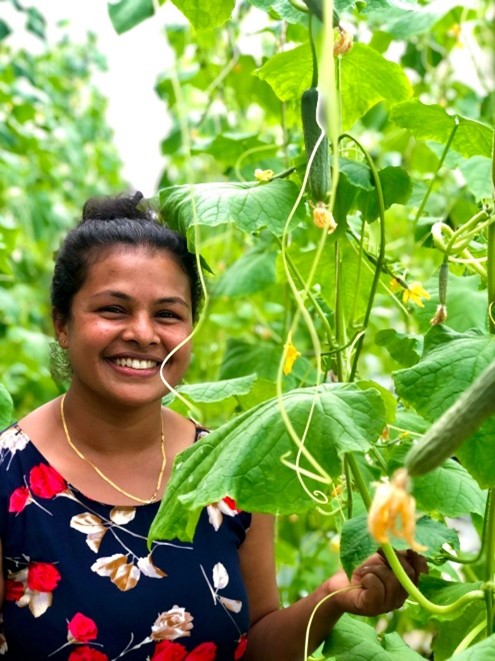
Mrs. Sanjeewani also shared how technology has helped her save time and energy, saying, “I was able to save my time and energy because of the innovative technology and know-how. My friends are also impressed by my knowledge and dedication for greenhouse farming. As a young entrepreneur, I would like to encourage other girls to start their own farm because it’s easy to manage if we are aware of the farming and technology. Regardless of our gender, anybody can achieve sustainable income through innovative methods of farming. It gives more income than traditional farming methods. As an entrepreneur, I would like to encourage other youth entrepreneurs to start their own farm with new technology and know-how.”
Through SAPP’s support, young entrepreneurs like Mrs. Sanjeewani are able to access the resources and knowledge they need to succeed in agriculture. As a result, they are not only empowering themselves but also encouraging their communities to adopt sustainable farming practices and embrace innovative technologies.
Today, Hiruni is a successful farmer and entrepreneur. Thanks to the support of SAPP and the Green Veg Exports Greenhouse Cultivation Youth Project, Hiruni was able to turn her passion for agriculture into a successful business. Her story is a testament to the power of education, training, and entrepreneurship in transforming the lives of rural smallholders.

